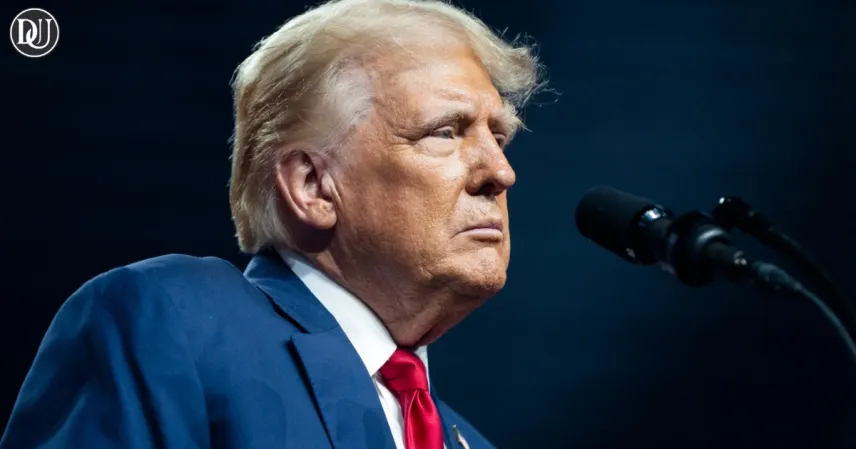In a move that stunned global observers, former US President Donald Trump ordered the use of some of America's most advanced weapons in a strike on Iran—only to pivot within hours and call for peace between the two nations. The dramatic shift underscores the delicate balance between showcasing military might and pursuing diplomatic solutions in a volatile geopolitical environment.
Trump's statement urging peace came shortly after the US military reportedly deployed precision-targeted weapons against strategic Iranian facilities. The action was framed as a defensive move following recent escalations, but it has drawn mixed reactions from both allies and adversaries worldwide.
The Strike and Its Aftermath
According to military officials, the attack involved highly sophisticated air-based weapons systems, capable of neutralizing infrastructure without extensive civilian casualties. These were said to include next-generation drones and bunker-busting munitions.
The immediate aftermath saw heightened tensions in the Middle East, but no significant retaliatory strikes had been confirmed by Iranian forces at the time of writing. Trump later appeared on television and social media, calling for calm and extending an offer to broker peace, suggesting that the military strike was a "wake-up call" rather than a step toward full-scale war.
Nuclear Powers in the Spotlight
This latest development has once again brought global attention to the issue of nuclear weapons and their distribution across the world. A recent international ranking shows that nine countries currently possess nuclear capabilities, with the United States and Russia leading the pack.
India has now surpassed Pakistan in the estimated number of nuclear weapons, while China and Israel also continue to expand their arsenals. The conflict between the US and Iran has reignited debates about nuclear proliferation, disarmament treaties, and the role of powerful nations in ensuring world peace.
India’s Position in the Global Arms Race
India’s rise in the nuclear ranking has been noted by several defense analysts, particularly as tensions remain with neighboring Pakistan and China. While India maintains a no-first-use nuclear policy, its advancement in both conventional and nuclear weapons capabilities places it in a strong strategic position globally.
In contrast, Iran is not officially listed among the nuclear-armed countries, though suspicions about its intentions have long fueled diplomatic conflict. The recent strike and calls for peace reflect ongoing concerns about how quickly military standoffs can escalate in a world brimming with advanced weapons technology.
Global Reactions and What Lies Ahead
Reactions from global leaders have been mixed. Some praised Trump’s firm stance and quick pivot to peace, while others criticized the inconsistency and potential danger of such swift military decisions. Peace advocates warn that striking a country and immediately offering peace sets a troubling precedent for international diplomacy.
What remains clear is that the global community is entering a phase where technology, military strategy, and diplomacy are more intertwined than ever. With nuclear weapons in the hands of multiple nations and regional tensions on the rise, the risk of conflict and the need for dialogue are both escalating rapidly.










